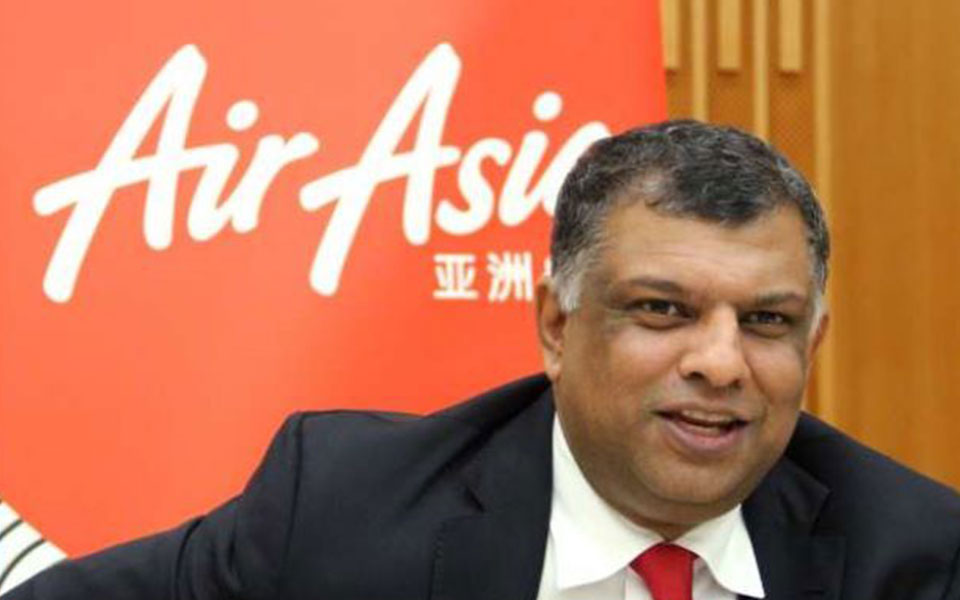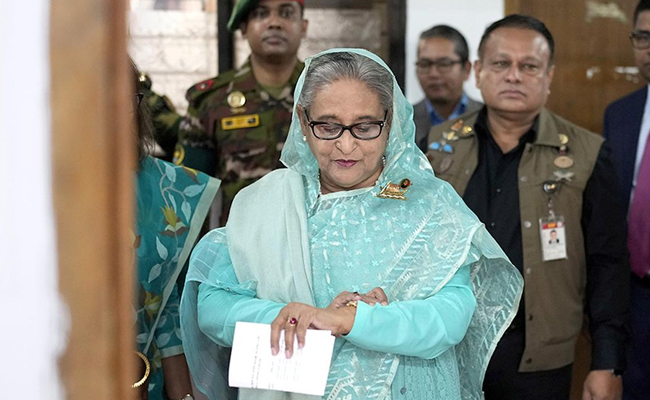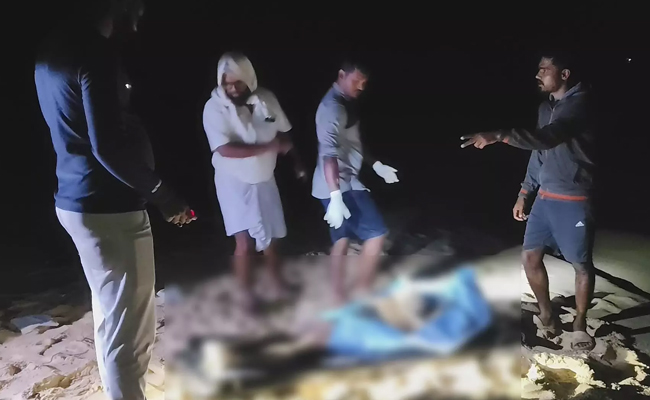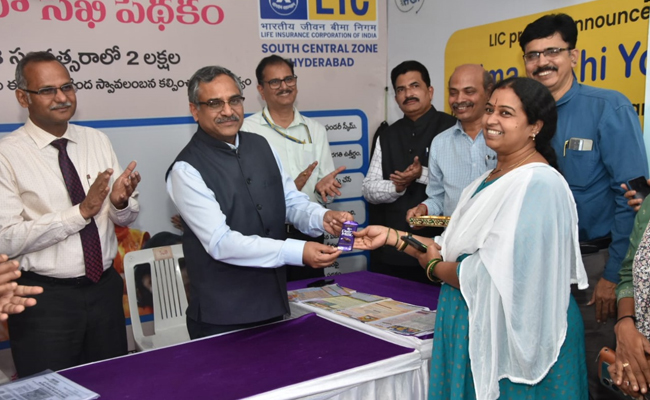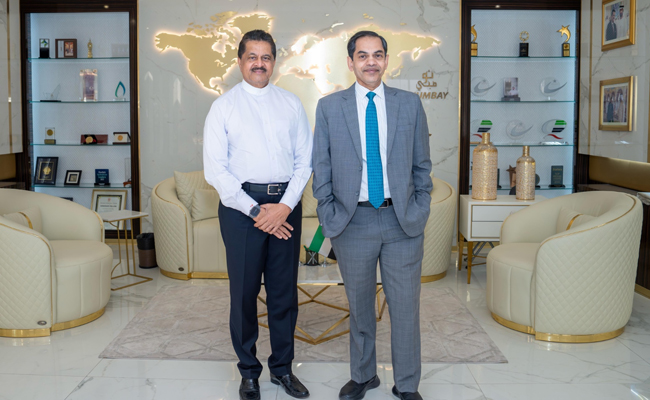New Delhi, May 29: AirAsia India (AAIL) on Tuesday refuted any "wrong-doing" after the CBI registered a case against its Group CEO Tony Fernandes on alleged attempt to tweak rules to get an international flying licence for the airline.
According to the airline, it is co-operating with all regulators and agencies to present the correct facts.
"In November 2016, AAIL had initiated criminal charges against its ex-CEO and had also commenced civil proceedings in Bangalore for such irregularities," AirAsia India's Director Shuva Mandal said in a statement.
"We hope to bring early resolution to all such issues."
The airline's defence comes after the Central Bureau of Investigation (CBI) on Monday registered a case against the Malaysian billionaire.
The investigation agency on Tuesday conducted searches at five locations in Delhi, Mumbai and Bengaluru in connection with the case.
"A case has been registered against Fernandes and some other unidentified persons linked to the firm (AirAsia India)," CBI spokesperson R.K. Gaur said.
Gaur said Fernandes had lobbied and was trying to violate rule 5/20 that requires an airline to have a minimum of five years of flying experience and 20 aircraft to apply for international licences.
Interestingly, in 2016, the 5/20 norm was amended. Currently, a domestic airline requires 20 aircraft to apply for international flight rights.
The CBI has named Fernandes and others in a criminal case for violating FDI norms in giving effective management to a foreign entity through FIPB clearance in 2013 and attempt to bribe for tweaking rules to get a licence for its joint venture to operate international flights.
The CBI FIR also names "unknown public servants" of the Civil Aviation Ministry, the then Foreign Investment Promotion Board (FIPB), R. Venkataramanan, Director AirAsia, and AirAsia Group Deputy CEO T. Kanagalingam alias Bo Lingam.
The FIR also alleges that in December 2014, Sunil Kapoor, who runs an in-flight catering company, along with Bo Lingam handed over a packet containing Rs 50 lakh to facilitate removal of the rule that required five years' domestic flying experience and 20 aircraft to get a licence to fly internationally.
The CBI said it had received information that AirAsia India was indirectly controlled and operated by the AirAsia Group and particularly AirAsia Berhad, violating the norms of the then FIPB.
This structure was directly formalised through a "Brand Licence Agreement" signed by AirAsia represented by Fernandes and AirAsia Berhad represented by Bo Lingam on April 17, 2013, which indirectly made AirAsia India a de facto subsidiary rather than a joint venture.
As per the then FDI policy, foreign airlines were allowed to own up to 49 per cent of share in domestic airlines but effective management control must remain with the Indian partner.
Bharatiya Janata Party Rajya Sabha member and former Union Minister Subramanian Swamy tweeted: "Finally the CBI is presently raiding AirAsia offices including of the CEO's. It is arising from my PIL in Delhi HC."
Currently, the Delhi High Court is hearing a case filed by Swamy against the grant of a flying licence to AirAsia India.
AirAsia (India) is a joint venture between Tata Sons and AirAsia Berhad, with AirAsia Investment.
The budget carrier commenced operations on June 12, 2014 and currently flies to 20 destinations across India with a fleet size of 18 A320 aircraft.
Let the Truth be known. If you read VB and like VB, please be a VB Supporter and Help us deliver the Truth to one and all.
Dhaka (PTI): Bangladesh's interim government said on Monday that it has sent a diplomatic note to India to send back deposed prime minister Sheikh Hasina to Dhaka.
Hasina, 77, has been living in exile in India since Aug 5 when she fled the country amid the student-led protests that toppled her 16-year regime. Bangladesh-based International Crimes Tribunal (ICT) has issued arrest warrants for Hasina and several former Cabinet ministers, advisers, and military and civil officials for "crimes against humanity and genocide".
“We have sent a note verbale to the Indian government saying that Bangladesh wants her back here for the judicial process,” Foreign Affairs Adviser Touhid Hossain told reporters at his office.
Earlier in the morning, Home Advisor Jahangir Alam said his office has sent a letter to the foreign ministry to facilitate the ousted premier's extradition from India.
“We have sent a letter to the foreign ministry regarding her extradition. The process is currently underway,” he told reporters in response to a query.
Alam said an extradition treaty between Dhaka and New Delhi already exists and Hasina could be brought back to Bangladesh under it.
Last month, in an address to the nation on the completion of 100 days of the interim government, Bangladesh’s Chief Adviser Muhammad Yunus said it will seek the extradition of Hasina.
“We must ensure justice in every killing… We will also ask India to send back fallen autocrat Sheikh Hasina,” he said.
Yunus, who assumed office on August 8, claimed that about 1,500 people, including students and workers, were killed while 19,931 others were wounded during the protest against the Hasina government.
In October, Law Adviser Asif Nazrul had reportedly said that Bangladesh would strongly protest if India tried to refuse Hasina's extradition by citing any provision in the treaty.
In an interview with PTI in Dhaka in September, Yunus had said that Hasina making political remarks from India is an “unfriendly gesture", asserting that she must remain silent to prevent discomfort to both countries until Dhaka requests her extradition.
"If India wants to keep her until the time Bangladesh (government) wants her back, the condition would be that she has to keep quiet," he said.
In recent weeks, Hasina has accused the Yunus-led interim government of perpetrating "genocide" and failing to protect minorities, especially Hindus, since her ouster.

